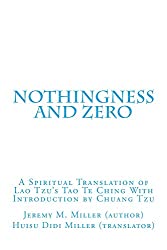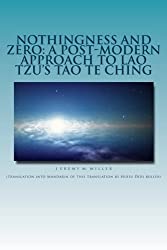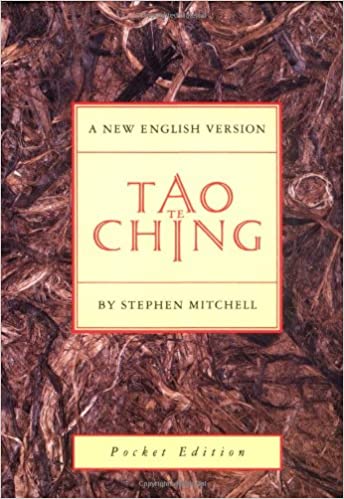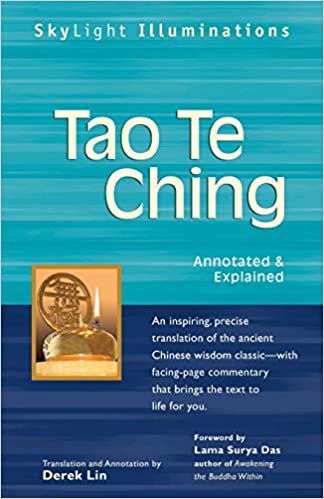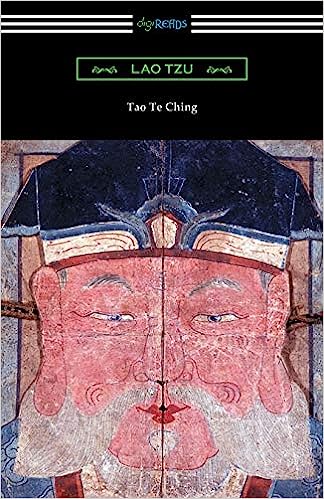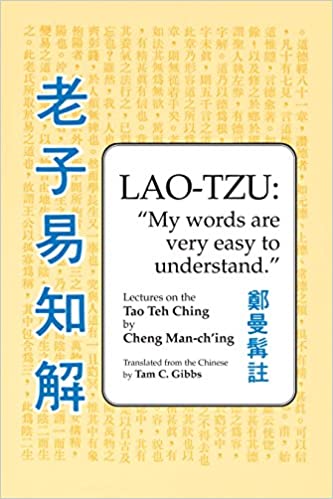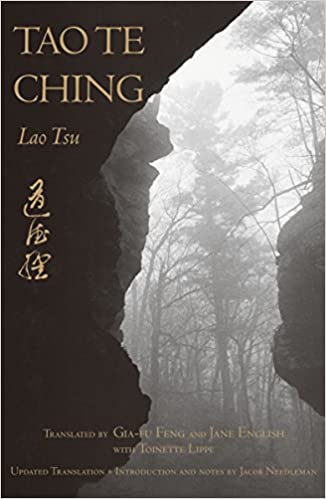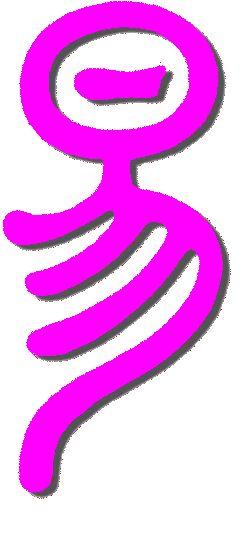
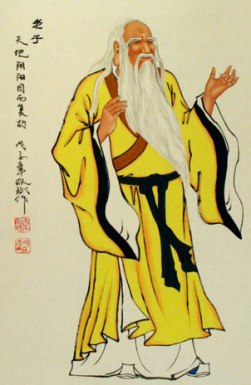
Lao Tzu
Tao Te Ching...
verse for today (*):
2
When people see some things as beautiful,other things become ugly.
When people see some things as good,
other things become bad.
Being and non-being create each other.
Difficult and easy support each other.
Long and short define each other.
High and low depend on each other.
Before and after follow each other.
Therefore the Master
acts without doing anything
and teaches without saying anything.
Things arise and she lets them come;
things disappear and she lets them go.
She has but doesn't possess,
acts but doesn't expect.
When her work is done, she forgets it.
That is why it lasts forever.
(translation by Stephen Mitchell, 1995)
-+-+-+-
When the world knows beauty as beauty, ugliness arises
When it knows good as good, evil arises
Thus being and non-being produce each other
Difficult and easy bring about each other
Long and short reveal each other
High and low support each other
Music and voice harmonize each other
Front and back follow each other
Therefore the sages:
Manage the work of detached actions
Conduct the teaching of no words
They work with myriad things but do not control
They create but do not possess
They act but do not presume
They succeed but do not dwell on success
It is because they do not dwell on success
That it never goes away
-+-+-+-
There is no beauty; there is no ugliness.
From Nothingness, we see all is Zero -- but if we must choose, as mortals are prone, all is Beauty!
There is no ethics; contemplation of good and bad creates bad.
There is one reality, which is the Bliss of Nothingness, Zero.
Opposites are a trait of ignorance.
There are no opposites.
Do Zero.
All becomes the same as Zero.
Take compassion for those who are lost in the forest of complexity.
But remember, it is Nothingness that will free them to the Infinity of Zero, Bliss, Nothingness.
Compassion. Silence. Humility. Renunciation.
They, the lost, will return.
-+-+-+-
Tao Te Ching
is a Chinese classic.It was written around the 6th century BC by the sage Lao Tzu.
The short text consists of 81 brief chapters, or verses.
Every day we issue a "verse of the day" for contemplation, in two leading English translations, that nevertheless differ substantially, and since December 8th 2013, we have a radically different third translation:

|
"Nothingness and Zero" A Post New-Age Approach to Lao Tzu's Tao Te Ching, published by courtesy of the translator and interpreter. © Copyright 2013 Jeremy M. Miller. All rights reserved. Acknowledgments: The hundreds of prior translations, especially that by Arthur Waley. To Pythagoras, who understood Zero and taught It; and to Chuang Tzu, the ideal poetic student. |
The Tao Te Ching is based on the number 3, with its 3 x 3 x 3 x 3 = 81 chapters.
We now offer it in three translations.
Perhaps, when reflecting on the three interpretations, the true meaning will emerge.
These 81 verses simply rotate; every day the next number, and after 81, number 1 will appear again.
This is done deliberately; if you want to read the complete text, you should purchase the resp. translations by Stephen Mitchell, Derek Lin or Jeremy M. Miller below.
(All three available in Kindle edition as well.)
If you missed yesterday's verse, you can still read it at ICHING.ONLINE, which is always one day behind of I Ching Online.NET.

